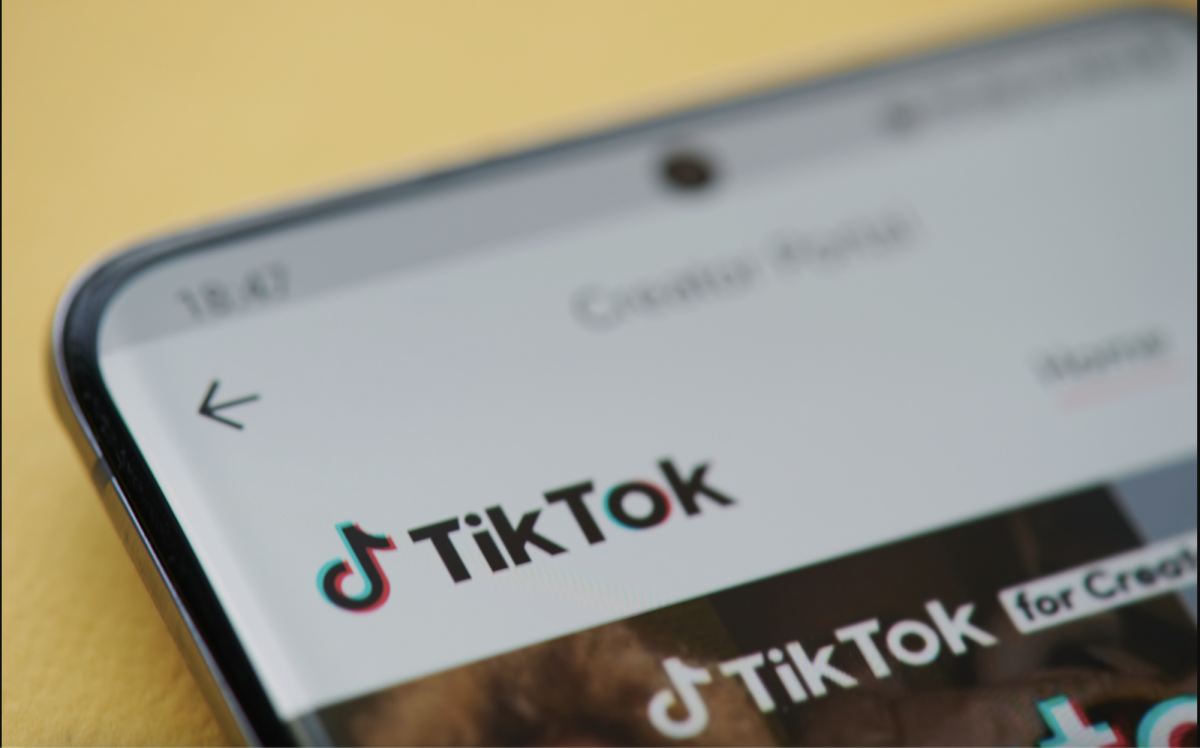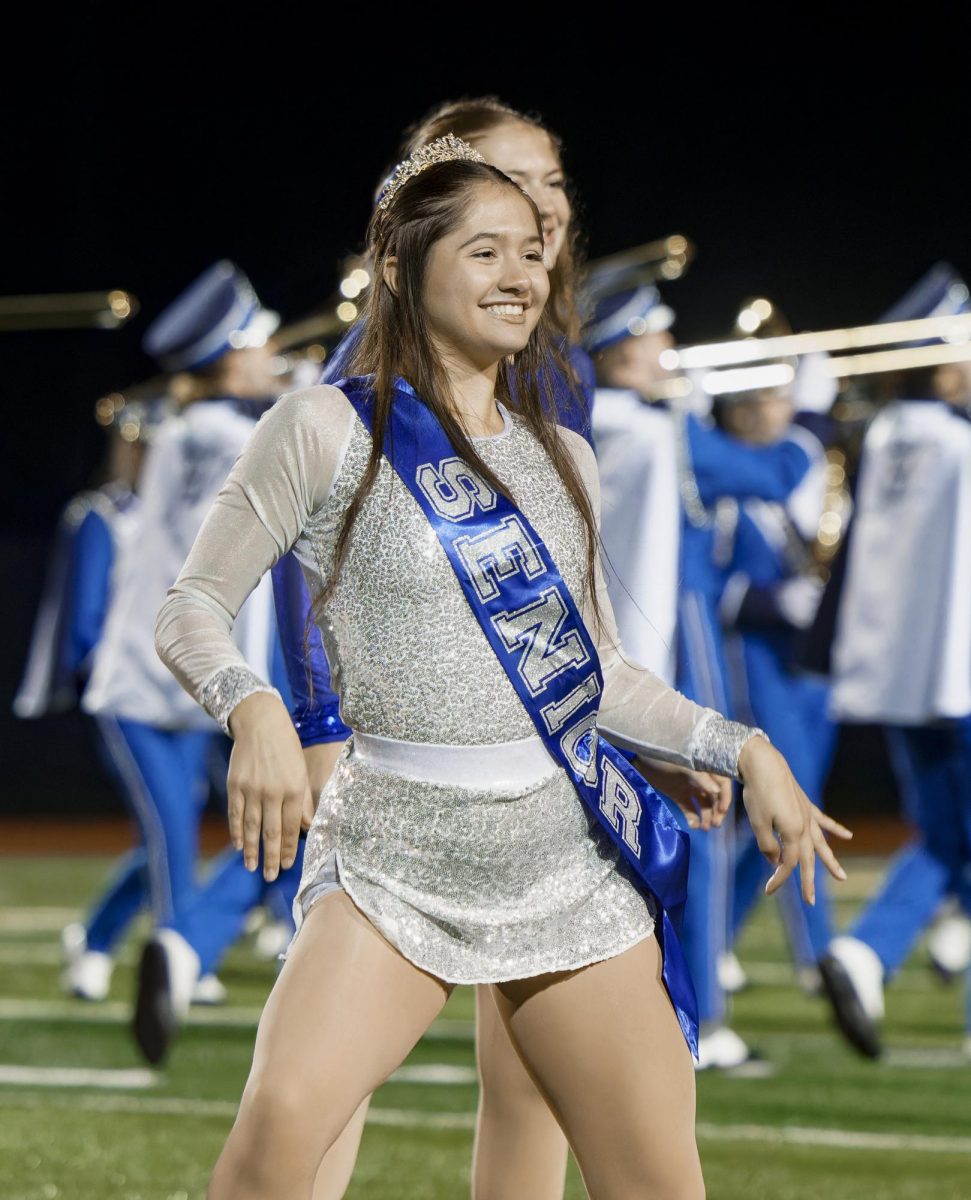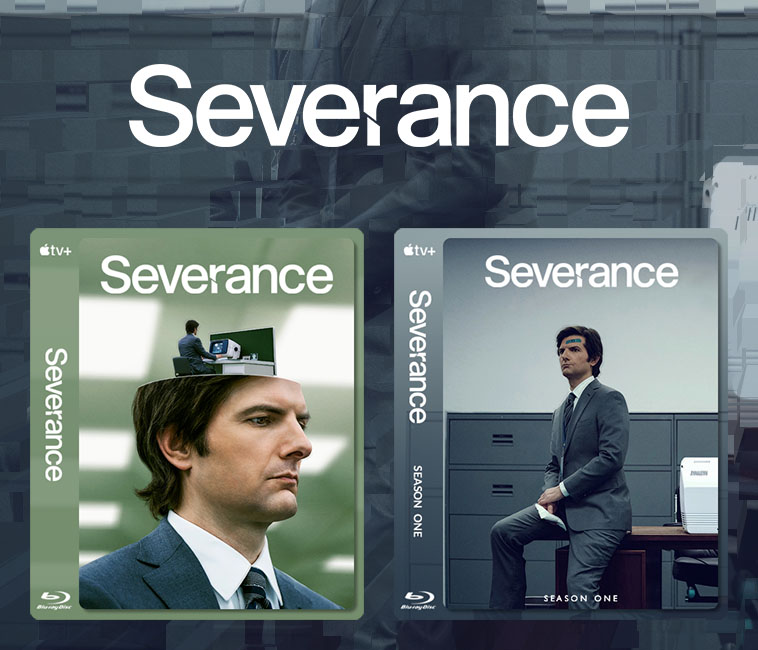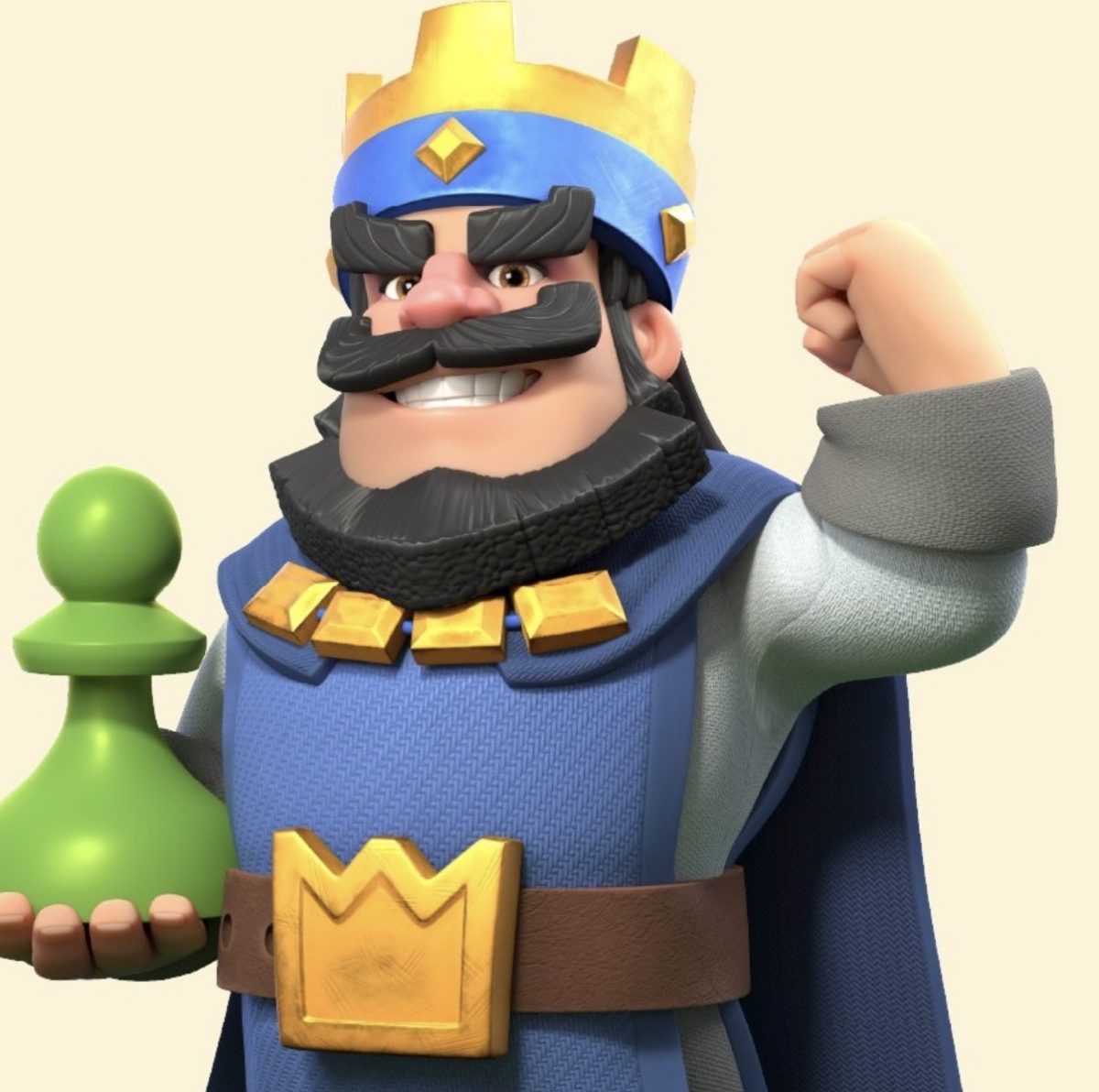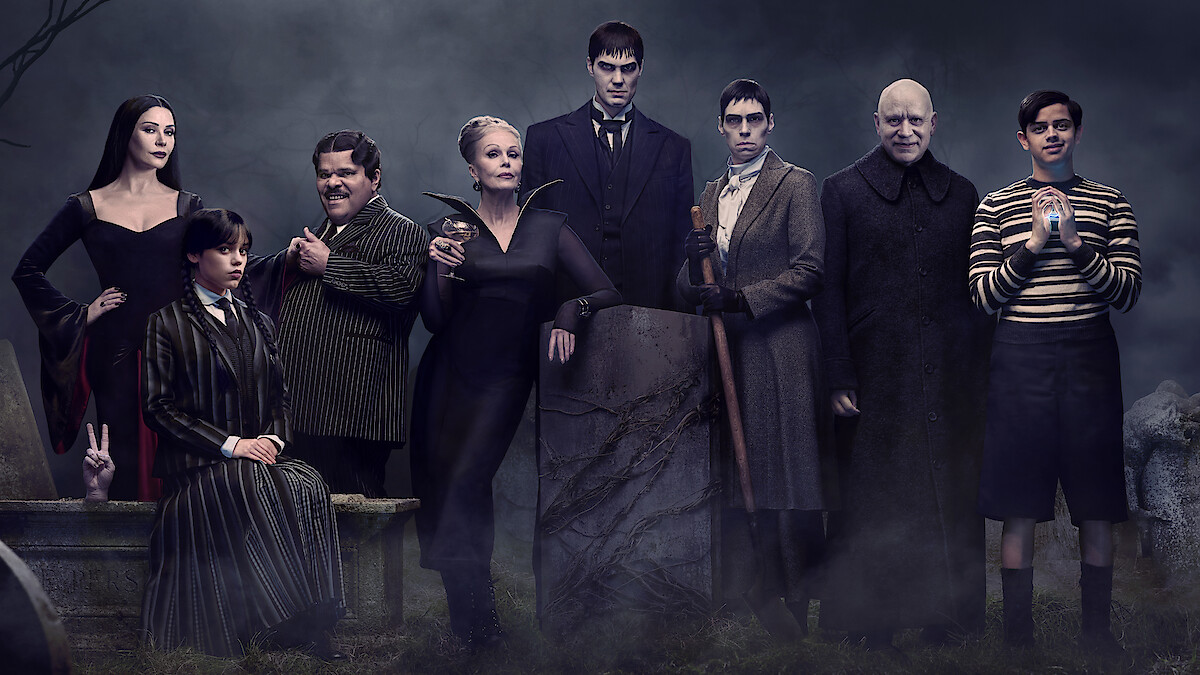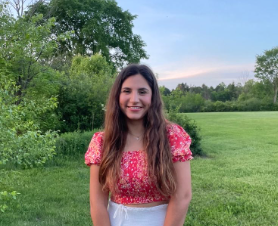Recent controversy between artists and the quality of their statements have spurred conversations on whether someone has to like a person or their beliefs in order to support their work. Around America, people have begun to question their favorite artists believing that supporting their work aligns with supporting their beliefs and the quality of their character. Some people claim they don’t care, that the work is completely different from the artist, and that there is nothing wrong with liking the work from someone they have no opinion on. Others stop supporting the work of people because they don’t agree with their beliefs or how they present themselves. Then there are others who will do anything to claim their favorite artists aren’t who they perceive to be, gaslighting friends to feel a little better for themselves over listening to the music or watching a movie from a celebrity they covertly know they don’t like as a person.
Here at Hudson High School, all types of people described above can be heard in the halls, defending artists, arguing that supporting them has nothing to do with their character, while others sit quietly and listen shamefully to the music they love by a musician they hate. There’s no doubt that this problem is one that is highly controversial as well as difficult to cope with.
To understand in deeper context the opinions over the topic by students at HHS a survey was sent in early November, right after controversial artist Kanye West made anti-semtic comments online. Unsurprisingly enough, the recent events didn’t change the minds of many.
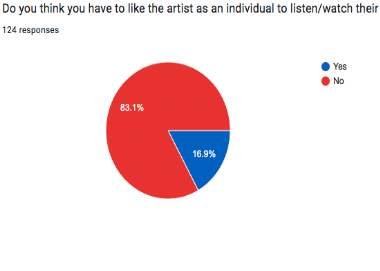
When asked “Do you think you have to like the artist as an individual to listen/watch their work,” 83.1% of students responded “No” while 16.9% responded “Yes.” In other words, about 3/4th of students at HHS say that you don’t have to like an artist in order to listen to their music.
Next, when asked “Do you think you are supporting the individual beliefs of an artist if you watch/listen to their work?” 31.5% of students responded “Yes,” while 67.7% of students responded “No.” To rephrase, more than half of students at the high school claim that listening or watching an artist’s work doesn’t mean you have to support them or their beliefs as a person.
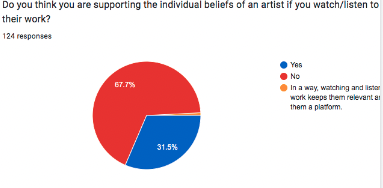
Although the responses seem pretty concrete at this point the next part of the survey seems to confuse the average person. When asked “Do you avoid listening to music by certain artists because you don’t agree with their personal beliefs?” 40.3% of students responded “Yes” while 58.1% of students responded “No.” Although most people still disagree with this statement by 17.3%, a high percentage of students changed their opinions from the previous question. Both questions are asking the same thing, they’re just rephrased differently. This was used to see if people would eventually change their opinion on the topic.
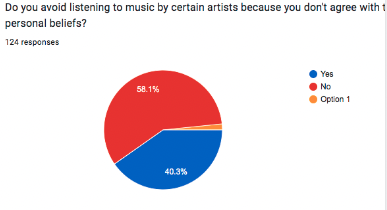
To highlight the student’s viewpoint on the subject, the survey asked for comments. People were generally one sided- one comment left explained “Unless their music is about their beliefs, there is no reason someone should not be able to listen to an artist’s music since you are mostly just supporting the music and not the person.” On the less represented side, people who don’t listen to the music of artists they don’t support quote, “I personally think that an artist and their works should be separated as long as they are not actively trying to force their beliefs on others using their platform. I believe that when you actively support an artist who goes out of their way to harm others, it says a lot about yourself and your values. By doing this, you are essentially saying that what they are doing is okay and that you also condone that behavior. I think about artists the same way I think of my friends; while most of us have the same view on things, some of us disagree with each other. It is kind of a silent agreement to not cross the line into controversial opinions. Our personal beliefs don’t define us as a person but they do influence what does.”
Others explain how difficult it is to feel guilty over listening to music from artists they do not support- “I feel bad when I listen to an artist who just got canceled for something bad but sometimes their music is just so good I can’t help it.”
Then there are other students, a big population of us who defend the music of artists we dislike by making comments such as, “I think to consistently listen to an artist, you have to like them and at least understand what they are trying to convey through their music. It’s also important to note that you can like the artistic side of a person without agreeing with other aspects of that person – which I’m currently seeing with the artist that has been my favorite for years.”
While this topic seems to be of high interest to most of the population because of highly controversial artist Kanye West, the topic is one that is making everyone think about their favorite artists. It’s difficult to define where the line is drawn and we can see this is exceptionally clear with the responses and surveys presented to high school students.



